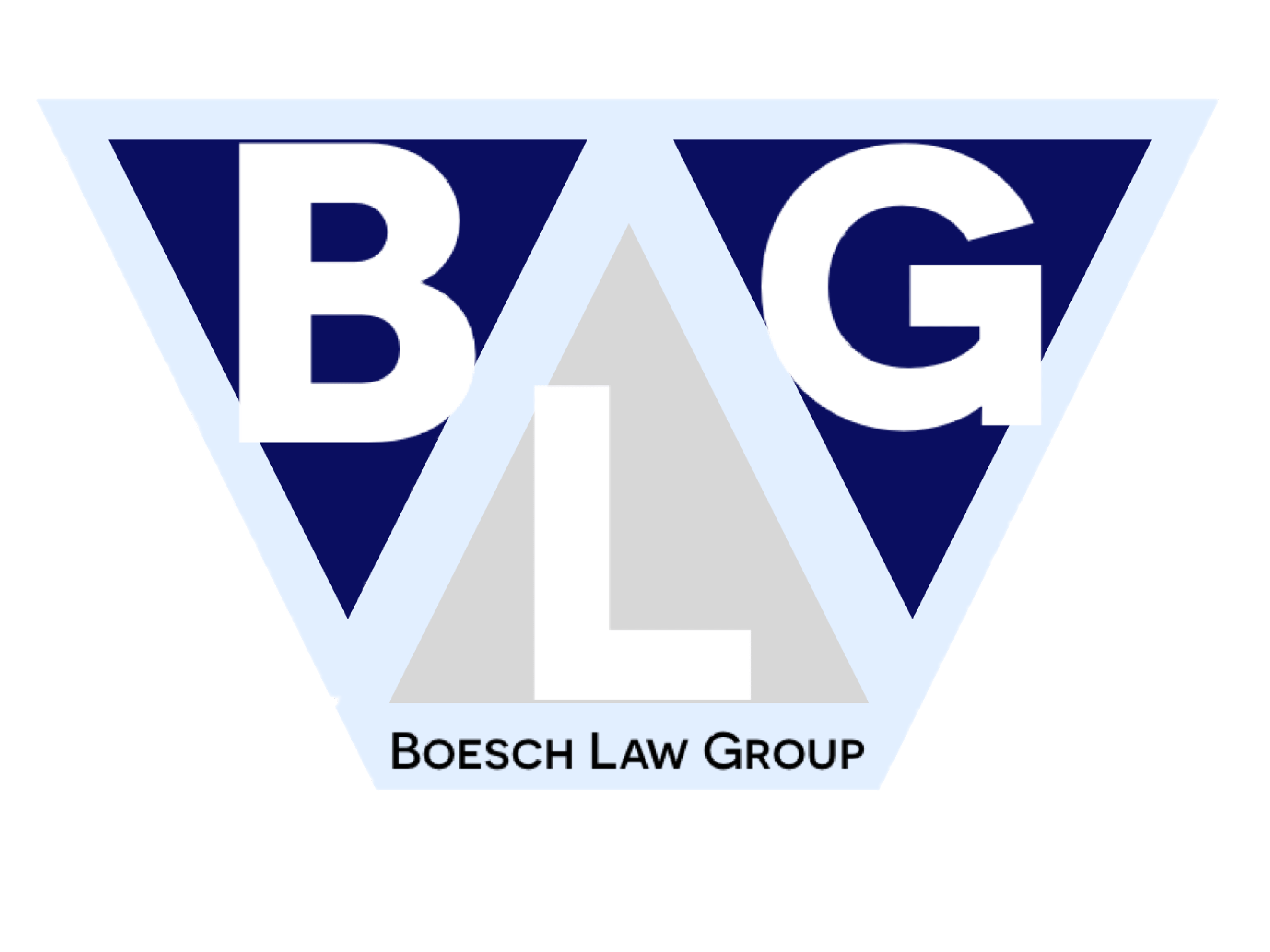As businesses grow and face increasingly complex legal challenges, many are turning to alternative legal service models that provide flexibility and strategic support without the cost of a full-time, in-house legal team. Two of the most commonly used solutions are Fractional General Counsel and Outside General Counsel services. While the terms are often used interchangeably, there are subtle but important differences between the two.
Defining the Roles
Fractional General Counsel is essentially a part-time general counsel. This attorney is integrated into the business as a quasi-internal resource, working a set number of hours or days per week or month. Fractional GCs often attend leadership meetings, help shape internal policies, and serve as the primary point of contact for legal matters—just as a full-time GC would.
Outside General Counsel refers more broadly to a lawyer or legal team retained on an as-needed basis. Unlike a fractional GC, the outside GC is typically not embedded in the day-to-day operations. Instead, they provide legal advice, draft and review documents, and help with compliance or litigation strategy when called upon.
Key Differences
- Level of Integration
- Fractional General Counsel operates like an internal executive. They become familiar with the company’s operations, culture, and long-term goals. They are often involved in proactive planning and management-level decision-making. Fractional GC’s often feel more like an employee even though they are not technically on the payroll and may be used full or part time.
- Outside General Counsel functions more like an external vendor. While still committed to understanding the client’s business, the relationship is more transactional or project-based.
- Scope of Work
- Fractional General Counsel services tend to be ongoing and broad. They may cover everything from employment issues and vendor contracts to board governance and strategic initiatives.
- Outside General Counsel services are often focused on specific legal issues—such as compliance reviews, contract negotiations, or litigation support—on an ad hoc basis.
- Billing Structure
- Fractional General Counsel usually work under a fixed-fee or retainer model based on expected hours per week or month. This makes budgeting more predictable.
- Outside General Counsel often bill by the hour or by the project, depending on the nature of the engagement.
- Strategic vs. Reactive
- Fractional General Counsel are proactive. Their involvement is continuous, allowing them to identify legal risks early and guide business strategy accordingly.
- Outside General Counsel are more reactive, stepping in when a legal issue arises or when specialized expertise is needed.
Which is Right for Your Business?
The decision between fractional and outside general counsel comes down to the legal needs, size, and growth stage of your company.
- Startups and early-stage companies may prefer a fractional GC to serve as a cost-effective legal leader who understands the full business picture.
- Midsize companies or those with occasional legal needs may benefit from retaining outside general counsel on a flexible, as-needed basis.
- Larger organizations without in-house legal departments might use both—a fractional GC for everyday oversight and outside counsel for specific matters like litigation or IP.
Whether you choose fractional or outside general counsel, both models provide valuable alternatives to hiring a full-time, in-house legal team. The key is to match your legal services model to your company’s current and future needs.
At the Boesch Law Group, we offer both types of general counsel services tailored to fit your business. If you’re unsure which option is right for you, contact us today for a free consultation or call (310) 578-7880.

